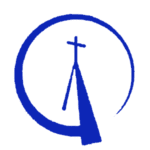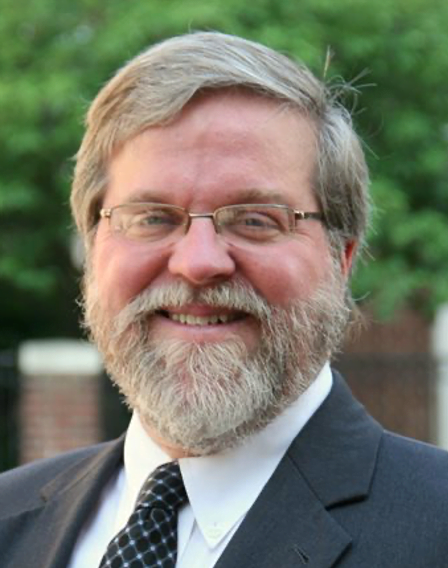“In the Cross of Christ I Glory”, like Isaac Watts’s hymn, “When I survey the wondrous cross”, this one by John Bowring (1792-1872) is built on Galatians 6:14. It points to the ironies of hymnody. Though it was written by a Unitarian, this hymn glories in the cross of Christ, was first published in a book by Bowring that bore the title Hymns: As Sequel to the Matins, and has had a widespread use among trinitarian Christians. In Evangelical Lutheran Worship it is given as it was in 1825, but, as in many other hymnals, the fifth stanza (a repeat of the first) is omitted.
Bowring was a linguist who claimed to be able to read two hundred languages and to speak one hundred. His translations are from more than twenty, including Dutch poetry. Born in Exeter, England, where he also died, he worked and traveled for Milford and Company; edited the Westminster Review; worked as an economist in Holland; became commissioner to France; served in the House of Commons, where he argued for free trade and prison reforms; and was made the British consul at Canton and minister plenipotentiary to China. Though an unpopular governor of Hong Kong, Queen Victoria knighted him, and the University of Groningen gave him the honorary Doctor of Laws. In China his wife Maria Hackney, whom he married in 1816, died because an attempt was made to poison his family with arsenic that was put in their bread.
The hymn’s tune is set to RATHBUN. Ithmar Conkey (1815-1867) wrote this tune in 1849 and meant it for the soprano soloist Mrs. Beriah S. Rathbun, who was in his choir at Central Baptist Church in Norwich, Connecticut, where he served as organist. Conkey was born in Shutesbury, Massachusetts, into a Scottish family. After serving churches in his home town and in Connecticut, in 1850 he went to New York City, where he became the bass soloist at Calvary Episcopal Church and Grace Episcopal Church. He was in demand as a bass soloist for oratorio performances and in 1861 became the bass soloist and conductor of the quartet-choir at Madison Avenue Baptist Church. Quartet choirs were fixtures in many late nineteenth and early twentieth century churches and give the kind of professional vocal sound that goes with Conkey’s tune.
“Canticle of the Turning” is a paraphrase of the Magnificat (Luke 1:46-55) by Rory Cooney (b. 1952) with a wild flair about it that cries out the radical nature of this canticle. “Let the king beware,” for justice will ultimately bring down every tyrant. Cooney says he “simply wanted to write a setting of the canticle that attempted to capture the revolutionary spirit of the gospel, of a God who ‘pulls down the mighty from their thrones and raises up the lowly.’”Rory Cooney was born in Deleware, Ohio. He is the composer of fifteen recorded collections of liturgical music and over 250 songs. He gives workshops on music in the liturgy and frequently writes for Modern Liturgy, Today’s Parish, Hosanna!, and Pastoral Music on practice and pastoral aspects of music.
The tune is the Irish version of KINGSFOLD. Its pickup at the beginning gives the melody an upward dance-like kick, and the repetition of the second half of the tune as a refrain keeps the motion going. STAR OF COUNTY DOWN gives the text the wild flair in needs. The stanzas even get out of hand with syllables flying out of control by differing from stanza to stanza.
Cooney writes, “As a musician, I wanted to have the music be accessible to assembly singing and ensemble playing. Irish folk music, with its narrative milieu of longing for freedom and a sort of ‘bloom where you’re planted’ joie de vivre in the midst of penury and oppression, seemed to me to be a natural fir. STAR OF COUNTY DOWN, as far as I know, seemed to me to be natural whose lyrics are about a plot to win over a beautiful girl. The tune is rhythmic and well-known, though, and sung by crowds at rugby matches and the like, so fit the bill for my needs.”


